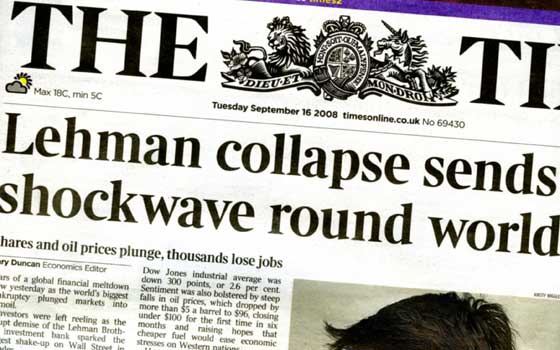and if people really insist!

9)
Moral hazard isn’t a show-stopper, it’s a tradeoff.
A moral hazard is where we let someone get away from being punished. We may even help them avoid punishment. No, they haven’t learned their lesson.
They may even do it worse next time!
And yet, Alan writes:
“ . . . in the midst of a crisis, with the house on fire, it may be imperative to douse the fire first and try to persuade the occupant not to smoke later—time inconsistency notwithstanding. Yes, bailouts set bad precedents, but letting a crisis spin out of control may be far worse. . . ”
*****************
Look, we’re social monkeys, or technically apes. We very quickly perceive cheating on the part of others. You might even say that we have a “highly-attuned cheat detector mechanism” in our brains
[Ive read this before] . And although not technically true, I think it’s a good analogy for what happens.
We detect deliberate wrong-doing or “in your face” cheating in a flash. And we’re usually right. We view it as disrespect, and it really sticks in our craw. And we’re usually right about the disrespect.
And then, punishment can feel like the most important thing in the world. We want to teach the person a lesson, teach them good, and squelch them down hard!
Alan is saying, Take a deep breath.
Moving forward in a positive way may be more important. And in this particular case, allowing the economy to keep moving forward in a positive way might well be more important. A modern economy is a lot like a shark — it has to keep swimming forward!
So, take a chance for Rock & Roll. Do the bailout. The chance you’re taking is that you may or may not get the later reforms. In the U.S., we passed Dodd-Frank in 2010. And the fact that major players want to get out from under it shows that it might be doing some good.
But, we didn’t bring down the Hammer of the Gods onto Wall Street like the public really wanted.
And that’s the part you, I, and all fellow citizens might have to be okay with. Or not, I guess.





